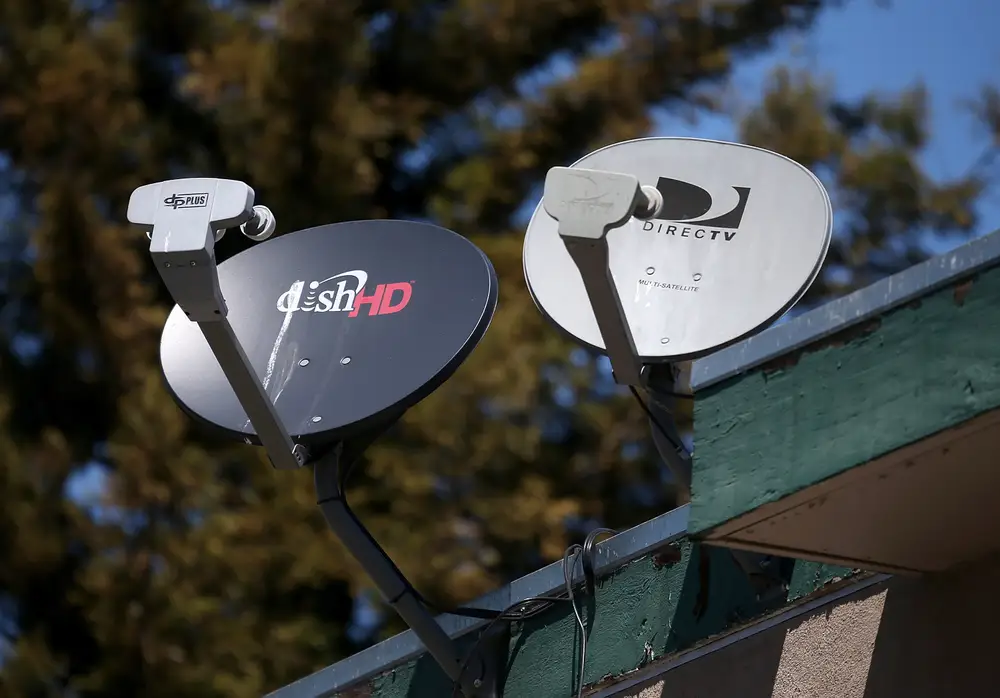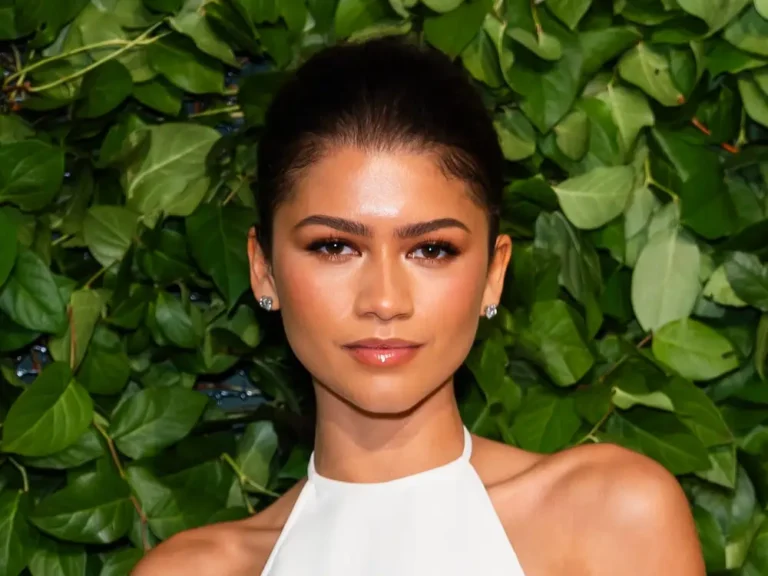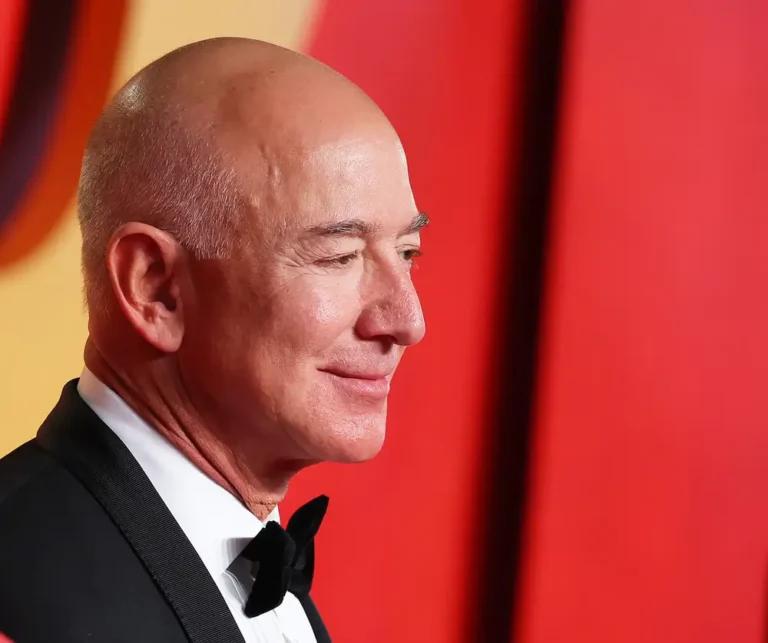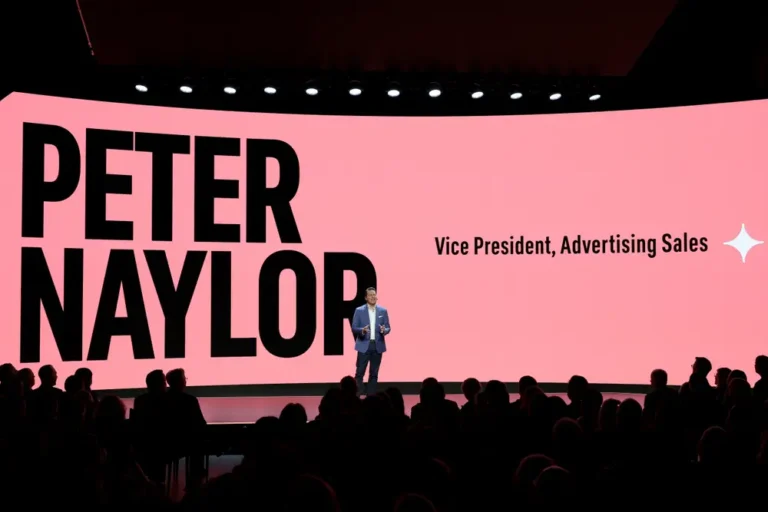It’s do-or-die for DirecTV and Dish — so they’re teaming up

DirecTV announced on Monday that it had agreed to acquire its rival Dish Network from EchoStar in a roughly $9.8 billion deal that would create one of the largest pay-TV providers in the US.
The deal is subject to regulatory approval and is expected to close in the second half of 2025. If it goes through, private equity firm TPG will take full control of the resulting provider, which would have about 18 million subscribers across all of its services. For context, DirecTV and Dish had a combined 34 million subscribers in 2014 during pay TV’s heyday, company filings show.
The companies said DirecTV would acquire EchoStar’s video-distribution business — which includes satellite service Dish and streaming-only outfit Sling TV — for $1 while assuming about $9.75 billion of Dish’s debt.
Separately, the US telecoms giant AT&T said it had agreed to sell its 70% stake in DirecTV to the private equity firm TPG for $7.6 billion. Selling off its satellite TV business would allow the wireless giant to focus on its core business in hopes of narrowing the gap with T-Mobile and Verizon.
A merger between DirecTV and Dish has been decades in the making. The two companies agreed to a deal in the early 2000s before regulators blocked it, largely out of concern that the two satellite leaders would monopolize access to pay TV in rural markets.
DirecTV is confident that regulators will be on its side this time, as the TV landscape has changed dramatically in the last 20 years. Internet speeds and reliability have improved exponentially, and streaming services like Netflix and Amazon Prime Video have permanently changed viewing habits while giving consumers a slew of entertainment options outside of the pay-TV bundle.
DirecTV and Dish are no longer the only games in town, even for those living in rural areas.
“We do not believe by consolidating the two satellite TV services, that consumers will be left without,” said Bill Morrow, the CEO of DirecTV, on a webcast on Monday morning. “When customers leave us — even in these most rural remote parts of America — they’re moving over to these SVOD services far more than they’re moving between us.”
Media analysts seem to agree. Corey Martin, a partner at entertainment law firm Granderson Des Rochers, told B-17 on Monday that he assumes DirecTV got necessary assurances from regulators about the deal. And Craig Moffett, a media analyst at MoffettNathanson, wrote earlier this month that “it’s hard to imagine that regulators would block a deal,” reasoning that it’s better to have one viable satellite-TV operator than none.
DirecTV also acknowledges that this Dish deal is do-or-die.
“We think this is a consumer-focused transaction,” Morrow said on the webinar. “Without it, it causes other problems. Whether or not that there would be two satellite-TV companies in the future — I leave that for you to determine — without this deal.”
Even if the deal does get done, it may be too late for DirecTV.
“Getting it across the finish line is expected to take as long as two years,” Moffett wrote in a note after the deal was unveiled. “By then, it is likely that the combined business will have shrunk by another 25%.”
This deal caps off a whirlwind of a month for the satellite TV provider.
In mid-September, DirecTV reached a new carriage agreement with Disney after a contentious dispute that lasted nearly two weeks.
Though the details of the Disney deal haven’t been finalized, DirecTV customers will receive Disney’s streamers at no extra cost and will have the option to choose so-called “skinnier” bundles centered around genres like sports, entertainment, and family content.
In late August, DirecTV Chief Content Officer Rob Thun told B-17 that the pay-TV business was facing an existential threat. Without taking some risks, DirecTV appeared to be on a path to destruction. While it’s unclear whether its deals with Dish and Disney will work out, no one will be able to say that DirecTV didn’t think outside the box.






